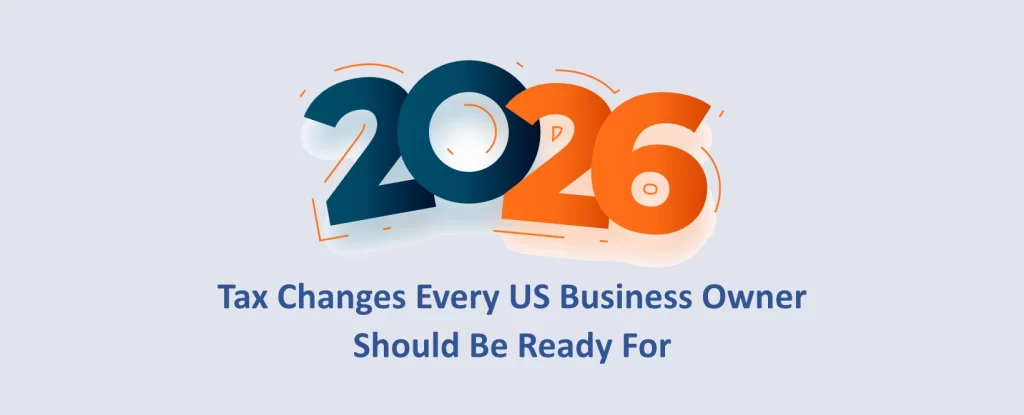When running a business, different accounting methods can help you understand different aspects of the business better. We explore the differences between cash and accrual accounting methods and how they help you decode your business’s health.
When you run a business, you can choose between two major business accounting methods: Cash accounting and accrual accounting. Depending on your business model, one of them may be preferable. The choice is also guided by some key regulatory requirements to ensure that you stay within the scope of your obligations. For example, some businesses cannot use cash-based accounting since they come under the Tax Reforms Act of 1986.
Let’s take a look at the basic definition of the two accounting methods before we delve into the details:
- Cash accounting: In this method, revenue and expenditure are only accounted for when the actual payment is received or made. This is what we usually use for small businesses and personal accounts.
- Accrual accounting: This method not only includes cash (and checks) received and paid but also considers payables and receivables in the future. For example, if you receive an electricity bill for $1,200 but are yet to make the actual payment, this amount will be accounted for under “accounts payable”.
Now, let’s take a more detailed look at the two methods to help you understand how they can help you.
Cash Basis Accounting
This is also known as the cash method of accounting. In this approach, we focus on cash flow. There is a specific focus on cash on hand since this could determine the short-term financial health of the business and affect how quickly bills get settled.
Who Uses Cash Accounting and When?
- Proprietary concerns and very small businesses: Often used by small businesses because it is simpler and less expensive to implement than accrual basis accounting. It does not require the creation of complex journal entries to track accounts receivable and accounts payable, nor does it require the application of complex accounting principles (US GAAP / IFRS). Additionally, the earnings of such businesses tend to be well below the $25 million per annum restriction, making this system unavailable for income tax calculations.
- Cash-only businesses: Some businesses operate solely on a cash basis. Such businesses typically do not accept credit or debit cards. While these are rare today, such businesses usually use the cash accounting approach.
- Businesses without an inventory: Since Cash Accounting focuses on the movement of cash, inventory management is not permitted in this approach. Additionally, businesses with a turnover of less than $25 million are permitted to treat inventory as supplies and non-incidental materials.
- Nonprofit organizations – Some nonprofit organizations may use cash-based accounting, especially if they have a small budget and limited resources.
- Other Industries like Farmers, self-employed individuals, etc. also use cash accounting. These industries may have fluctuating cash flows and simpler financial structures, which makes cash accounting a practical choice.
Why do Small Businesses Use Cash Accounting?
Cash accounting makes it easier for businesses to track revenue, expenses, and financial gains/losses. This accuracy is greatly helpful when calculating taxes. The businesses usually align their accounting periods to the tax year and this helps them accurately track payment deadlines and respond easily to IRS queries.
What are the Disadvantages?
There are three key disadvantages to using cash accounting for businesses:
- Since this method only tracks the actual payments made and received, it may not accurately portray a business’s financial health in its entirety. For example, if you need to pay $1,700 towards electricity charges and are yet to make the payment, this amount will only be recorded when cash is actually paid. As such, the Financial statement will not show correct profit and loss as well as correct cash in hand balance.
- A strictly cash-based accounting approach may lack accuracy surrounding assets and liabilities. A major limitation of this approach is an inadvertent omission of certain unpaid invoices, accounting of some assets, etc.
- Doesn’t conform to GAAP – If the gross earnings of the business exceed $25MM, Financial statements need to be prepared basis the accounting standards. As Cash basis doesn’t allow booking accruals and deferrals, it becomes unsuitable for the respective business.
Accrual Accounting
Accrual accounting is an accounting method that records transactions when they happen, rather than when payments are made or received. This method is intended to provide a more accurate picture of a business’s financial situation by showing the amounts owed to (Accounts Payable) and from the business (Accounts receivable), regardless of when cash is exchanged.
Businesses that use this method typically maintain their ledgers according to the current status of a bill or invoice. For example, if you are buying goods from a long-term vendor, you will maintain some key pieces of information in your ledger. This will include the date on which you received the goods, the date on which the invoice was generated by the vendor, and the date on which you made a payment. Since this is money that you owe to a partner, this is tracked in the Accounts Payable ledger.
This method lets you track when you receive payments and accurately reflects the health of the business, including the actual cash inflow/outflow at a given point.
When to Use Accrual Accounting?
Larger businesses must use accrual accounting, as they tend to have greater complexity in transactions and the more simplistic cash basis accounting may not provide an accurate picture of the health of the business. This method works best in some key situations:
- Businesses that accept or make credit card payments: While cash payments are accounted for immediately, credit card transactions can take some time to post. These delays can up to a couple of weeks after the transaction is made.
- Tracking assets and liabilities: When businesses want to track assets and liabilities in addition to cash flows, accrual accounting comes in handy. In this approach, it becomes easier for businesses to track assets (payments to be received) and liabilities (unpaid invoices) accurately.
In addition, public companies within the US must adopt Generally Accepted Accounting Principles (GAAP) as decided by the Financial Accounting Standards Board (FASB). Many businesses adopt accrual accounting to be compliant with the law.
What are the Disadvantages?
Accrual accounting, while being generally accepted and also preferred, still has some downsides:
- The complexity of the approach requires more detailed and meticulous bookkeeping. Even with software available to help, small businesses often find accrual accounting difficult to implement.
- It is time and energy-intensive and can also prove very expensive. Accrual accounting involves keeping a series of documents year on year and constantly making changes where applicable to maintain accuracy.
- Can be vulnerable to fraud: Accrual accounting can leave a business vulnerable to fraud. To protect a company and help ensure consistent accuracy in the financial statements, a system of controls is required.
Cash vs Accrual Accounting: In a nutshell
| Cash-basis Accounting | Accrual-basis Accounting | |
| Who uses? | Small business owners, proprietary concerns, companies without inventory | Larger businesses and corporations need to fulfil GAAP requirements |
| Income tax calculations | Report income and calculate taxes in the year they were actually paid or received | Report income and calculate taxes in the year they were incurred, even if the actual payment was made/received later |
| Client invoices | Accounted for only after they are settled | Accounted for as soon as they are received |
| Payments made to vendors | Bills are acknowledged when they get paid | Bills are acknowledged as liabilities before actual payment |
If you are unsure of what approach to adopt, need help with business accounting, or simply want to understand your options, we have resources for you. Read our lowdown on business accounting and how to manage your business. If you still have questions, our Accounting Experts are available to help. Contact us for more information.


